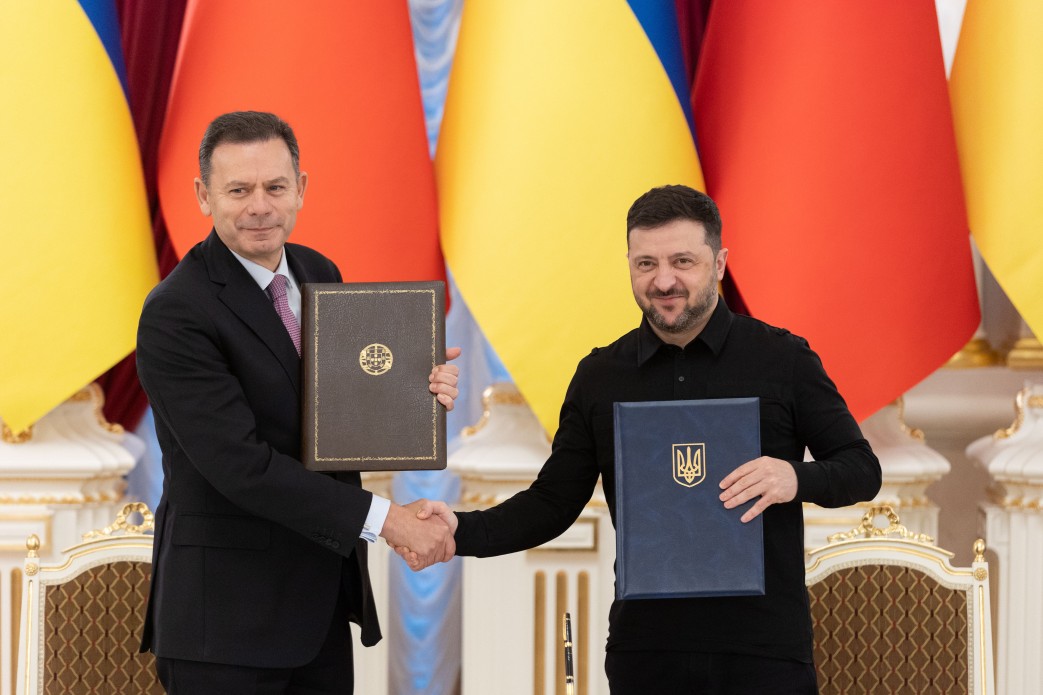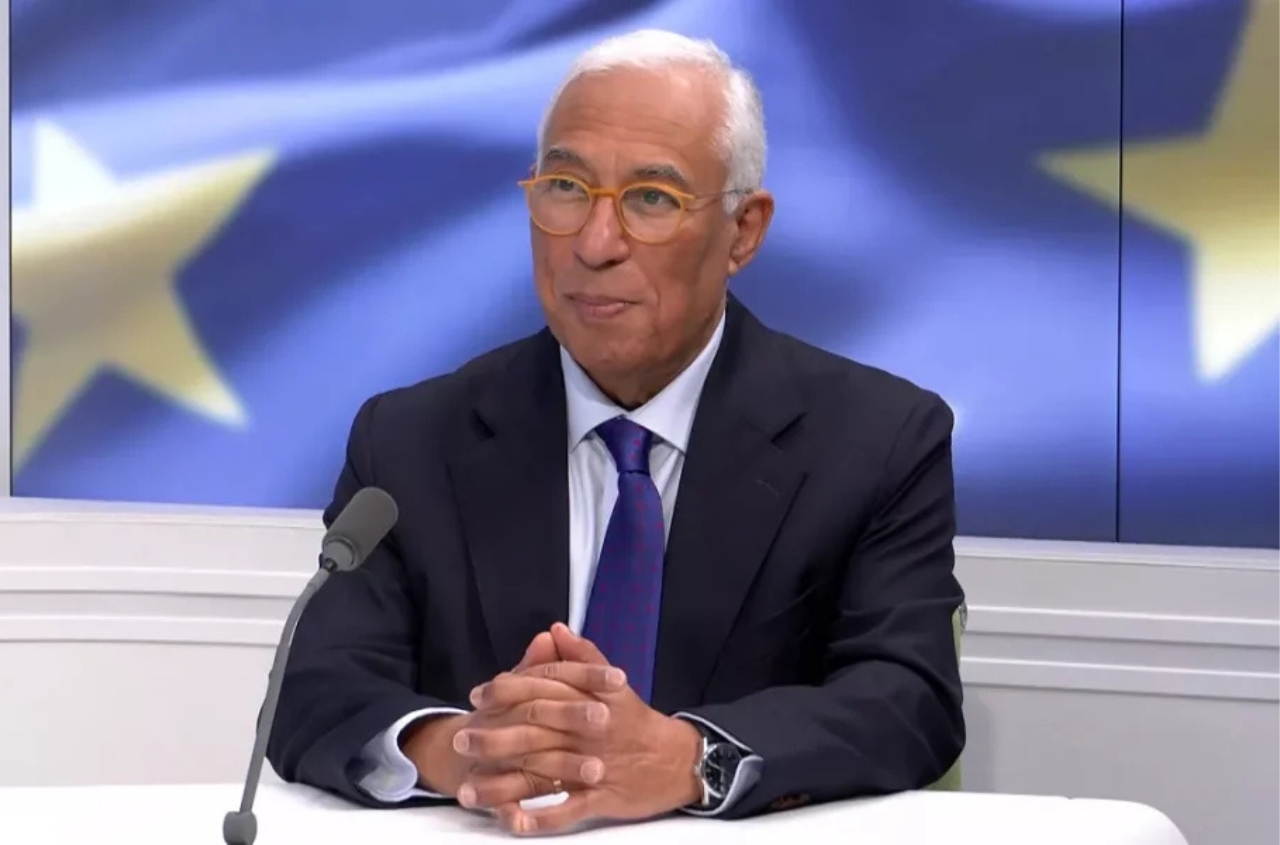Romanian authorities have launched an investigation into the influence of the TikTok social media platform on the sensational result of the first round of the presidential election, in which the far-right candidate Călin Georgescu emerged as the leader. The politician, associated with pro-Russian sentiments, garnered 23% of the vote, surpassing five other candidates, including the sitting Prime Minister, Marcel Ciolacu, as reported by Delfi.
The Supreme Council of National Defense of Romania will hold an emergency meeting to assess potential threats from social media and cyberattacks. According to a statement from President Klaus Iohannis's office, the council will focus on analyzing actions that may have influenced the election.
Georgescu’s campaign was primarily conducted on TikTok, which attracted the attention of young voters and the Romanian diaspora. The National Audiovisual Council has called on the European Commission to investigate whether the platform’s algorithm deliberately promoted content in Georgescu’s favor.
Valentin-Alexandru Iucan, Vice President of the Council, stated that the sources of funding for the TikTok campaign remain unclear. In response, TikTok's management rejected the accusations, pointing out that all candidates used the platform, and the winners also campaigned on other digital platforms.
Georgescu is known for his criticism of NATO and his call for closer cooperation with Russia. He has previously referred to Russian President Vladimir Putin as one of the "true world leaders." Russian media outlets, such as RT and RIA Novosti, welcomed his success.
Following the results, protests took place in major Romanian cities, with participants accusing Georgescu of attempting to shift the country’s pro-Western stance.
Georgescu himself rejected accusations of pro-Russian orientation, stating that his campaign was run by volunteers and had no budget. He emphasized his aim for an "independent position" for Romania in the interest of national sovereignty.
In the second round of voting on December 8, Georgescu will face Elena Lasconi, the candidate from the center-right "Union for the Salvation of Romania" party, who received 19% of the vote. Meanwhile, two other candidates have filed lawsuits, seeking to annul the election results due to concerns over the opaque funding of Georgescu’s campaign.
Georgescu's victory has drawn attention to the impact of social media on democratic processes, which could lead to broader investigations within the EU.




















